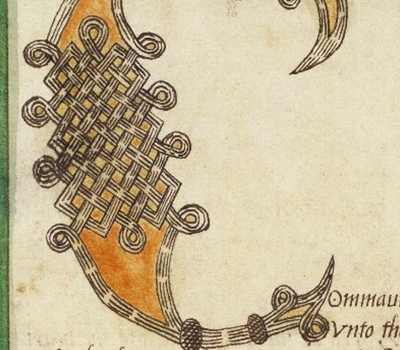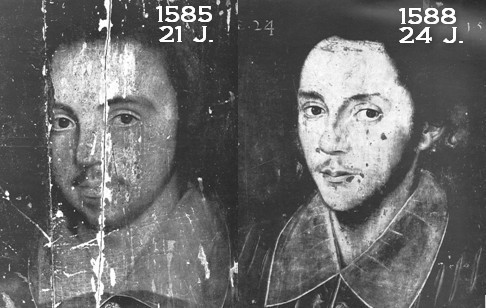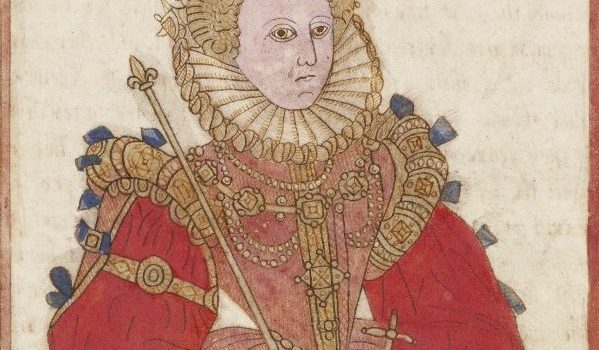Conspiracies & Espionage



Tiernan, R. Kent. “Walsingham’s Entrapment of Mary Stuart: The Modern Perspective of a Deception Analyst/Planner.” American Intelligence Journal, vol. 34, no. 1, 2017, pp. 146–156. JSTOR, www.jstor.org/stable/26497131. Accessed 20 Nov. 2020. Tom Rutter – Rutter, Tom. The Cambridge Introduction to

There is much speculation about Marlowe’s involvement with Queen Elizabeth’s government. Many scholars theorize that Marlowe was a spy working under the disguise of a young university student. If the rumors are true, Sir Frances Walsingham would have recruited Marlowe

Briscoe, Alexandra. “Elizabeth’s Spy Network,” BBC News, 2014, bbc.co.uk.
Despite scarce information surrounding Richard Baines’ early life, he graduated from Cambridge University in 1576 and became an Elizabethan intelligencer. Given his profession, he most likely frequented the Tower of London and reported to Sir Francis Walsingham. Starting in 1579,
Francis Walsingham (1532-1590) was Queen Elizabeth I’s principal secretary and spymaster. He attended King’s College in Cambridge and continued his studies in France and Italy. As a Member of Parliament for Lyme Regis, Dorset, Walsingham worked with William Cecil and
Seaton, Ethel. “Marlowe, Robert Poley, and the Tippings.” The Review of English Studies, vol. 5, no. 19, 1929, pp. 273–287. JSTOR, jstor.org/stable/507726. Seaton, Ethel. “Robert Poley’s Ciphers.” The Review of English Studies, vol. 7, no. 26, 1931, pp. 137-150. JSTOR, jstor.org/stable/508499.
Deloney, Thomas. A Most Joyfull Songe, made in the Behalfe of All Her Maiesties Faithfull Subjects, of the Great Joy, at the Taking of the Late Trayterous Conspirators: Ballad. Jones, 1586. EEBO, eebo.chadwyck.com.
“Accusations against Christopher Marlowe by Richard Baines and others.” British Library, Harley MS 6848, www.bl.uk/collection-items/accusations-against-christopher-marlowe-by-richard-baines-and-others. Page features facsimile image of holograph note, plus transcription and commentary.
Robert Poley (Pooley) Robert Poley spied for the Elizabethan government, carried messages, and played a key role in the Babington Plot. Robert Poley worked as a messenger and spy for the British Government, under the employ of Sir Robert Cecil and Sir Francis Walsingham. He was present for